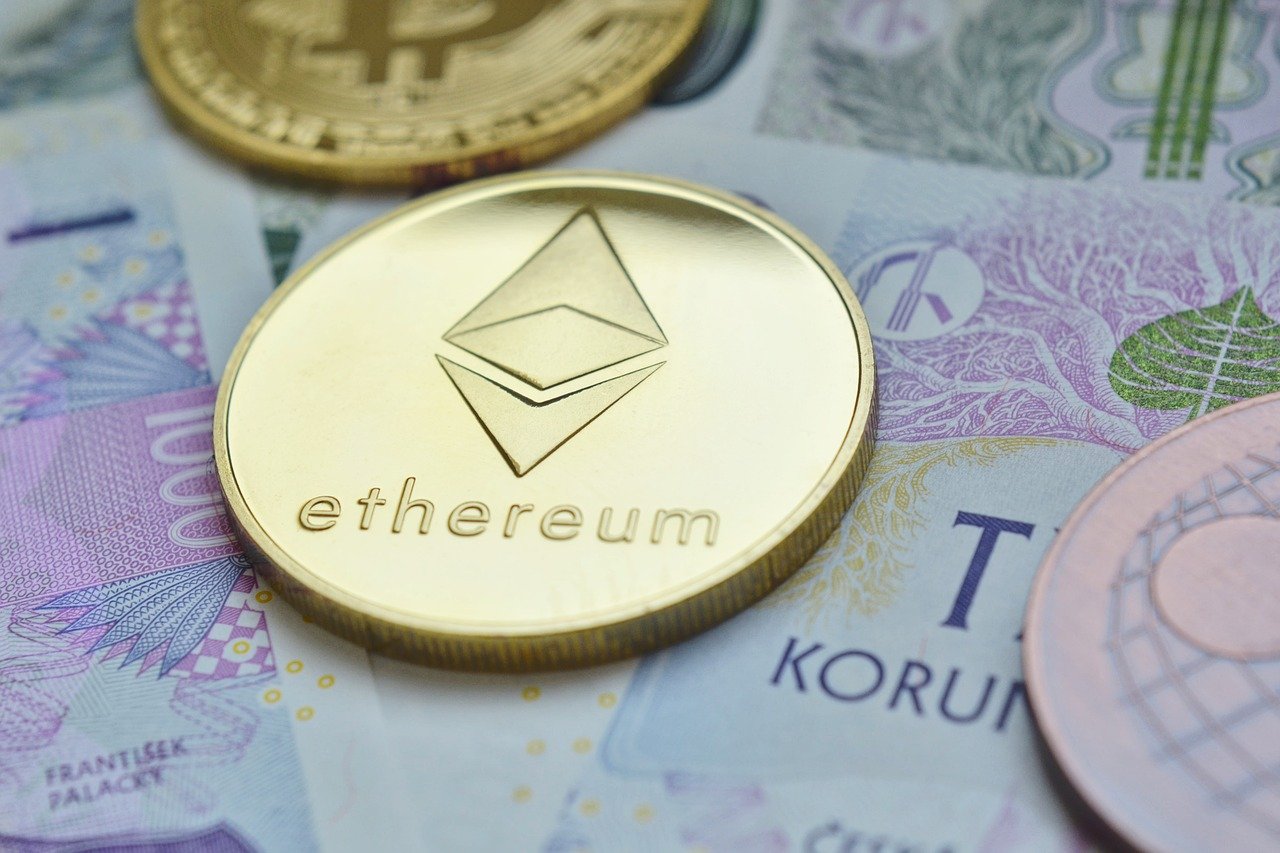Coinbase Big Reveal About The Merge, How Will This Impact Ethereum

The Ethereum Merge is just about a week away. The merge will be one of the largest events in crypto’s history. As a result, it has many ramifications.
One such scenario is regarding the censorship issues after the merge. Fortunately for ETH, Coinbase may be solving this biggest concern.
The chief legal officer of Coinbase, Paul Grewal, reveals that Coinbase will not censor any transactions on Ethereum, even when they include the use of sanctioned services like Tornado Cash.
Role Of Coinbase After Ethereum Merge
The Ethereum merge changes the consensus mechanism of Ethereum from Proof-of-work to Proof-of-stake. As a result, Proof-of-stake relies on validators to validate transactions and add them to the blockchain. However, one of the criticisms of this mechanism is that it can lead to censorship issues.
Coinbase will be one of the biggest validators after the Ethereum merge. Moreover, Coinbase has about a 15% share in Ethereum-based assets. According to JP Morgan analyst Kenneth Worthington, Coinbase will be one of the biggest beneficiaries of the merge.
However, there are questions about what happens when Coinbase or any validator will have to validate transactions that include sanctioned services like Tornado Cash. Tornado Cash was sanctioned by the US Treasury’s Office of Foreign Asset Control for money laundering activities.
Laura Shin, an esteemed crypto journalist, raised similar concerns on Twitter. However, in response to her tweets, Grewal revealed that the law allows Coinbase to not censor any transaction.
Coinbase’s Interpretation Of Law
Grewal explained his interpretation of the law regarding this issue. He believes that nothing in the law compels miners or stakers to censor any transaction on the base layer after the Ethereum Merge. Grewal believes that the law prohibits transacting with sanctioned individuals and blocking the property held by them.
Moreover, he believes that a miner or validator is merely facilitating the recording of the transactions. According to him, the law is interpreted based on what it states and not what others want it to say.
Will other validators follow Coinbase’s legal interpretation or will they choose to comply with the OFAC?






